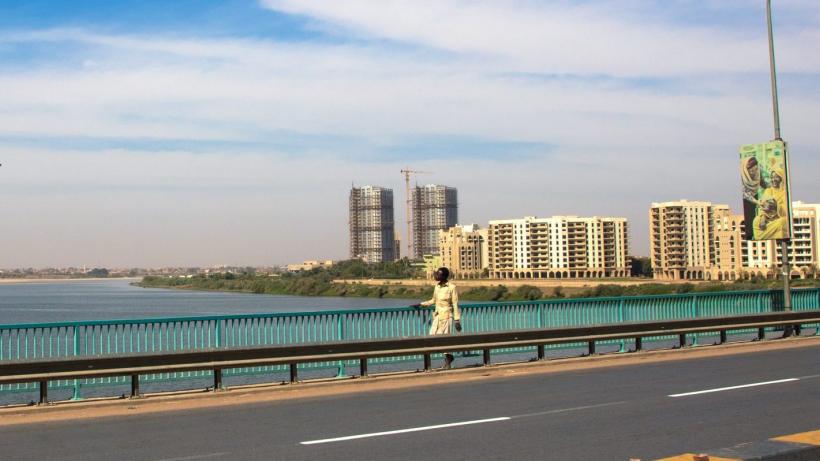Macroeconomic policy reform options for Sudan
Sudan is facing a major economic crisis partly due to unaffordable fuel subsidies that are contributing to an annual fiscal budget deficit of about $5 billion in 2019 and growing inflation. Curbing inflation is a key economic and political priority and this needs addressing the fuel subsidy reform, which has been a politically difficult task. Stabilising Sudan's macroeconomic environment is essential for sustainable economic growth to be possible in Sudan. This project aims to get a better understanding of the relationship between inflation, fiscal deficits, and Sudan's multiple exchange rates and to identify potential policy interventions to address these damaging dynamics.
Project findings indicated the need for interventions to reduce fuel subsidies, stop monetising fiscal deficits, increase domestic tax revenues, and liberalise and unify the exchange rate. A balance is needed between a gradual approach to manage any adverse impacts on the population and the urgency of stabilising the economy. Increased social welfare transfers can be used judiciously to offset the impact on the most vulnerable groups.
It is also essential that a well-conceived and widespread information and communications campaign is undertaken so that the Sudanese population is aware of the rationale for the reforms, understand that the status quo is not sustainable, and are assured that, in due course, there will be benefits from lower inflation and economic growth.




